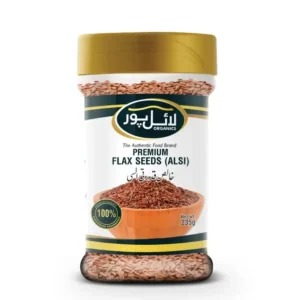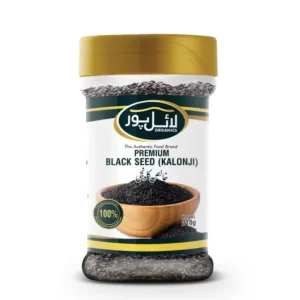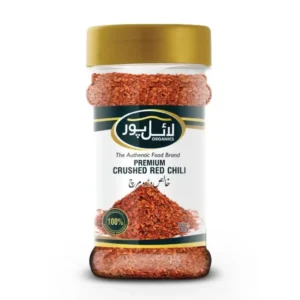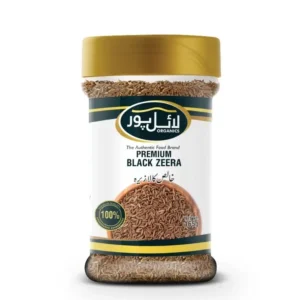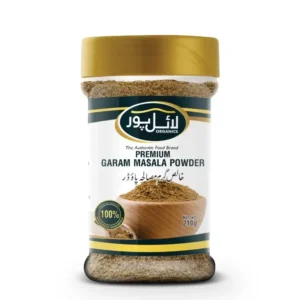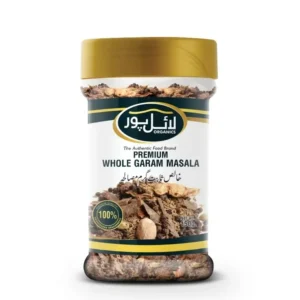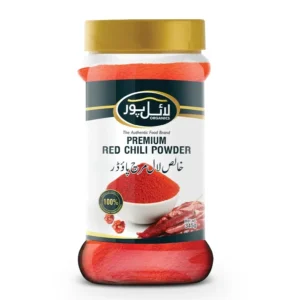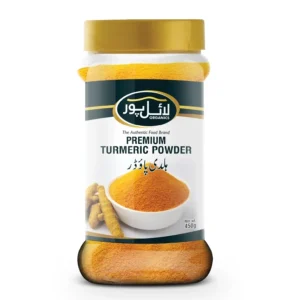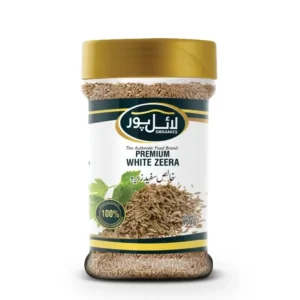Lyallpur Organics Premium Flax Seeds (Khalis Alsi) – 100% Natural Organic & Pure | Rich in Omega-3, Fiber & Nutrients | Perfect for Smoothies, Baking & Health Benefits
Flax seeds, often called linseeds, are nutritional powerhouses packed into a tiny package. They’re celebrated for their high fiber content, omega-3 fatty acids, and lignans. Flax seeds are incredibly versatile and can be consumed as whole seeds, ground into a meal, or pressed into oil. They’ve become a staple in many diets due to their numerous health benefits, including improved digestion, heart health, and blood sugar control. Beyond food, flaxseed oil has various industrial uses, including paints, varnishes, and linoleum flooring.
History and Origin of Flax Seeds
Flax seeds boast a rich history dating back thousands of years to the Fertile Crescent. Archaeological findings indicate that humans were using wild flax for textiles as far back as 30,000 years ago. However, the deliberate cultivation of flax for fiber and seed began in the Fertile Crescent around 9,000 years ago. This ancient civilization marked the starting point for the global spread of flax cultivation, reaching Europe, Asia, and eventually North America. Throughout history, flax fibers were highly prized for creating linen cloth and are known for their strength and longevity. At the same time, the seeds became an important dietary element and a versatile ingredient for various industries.
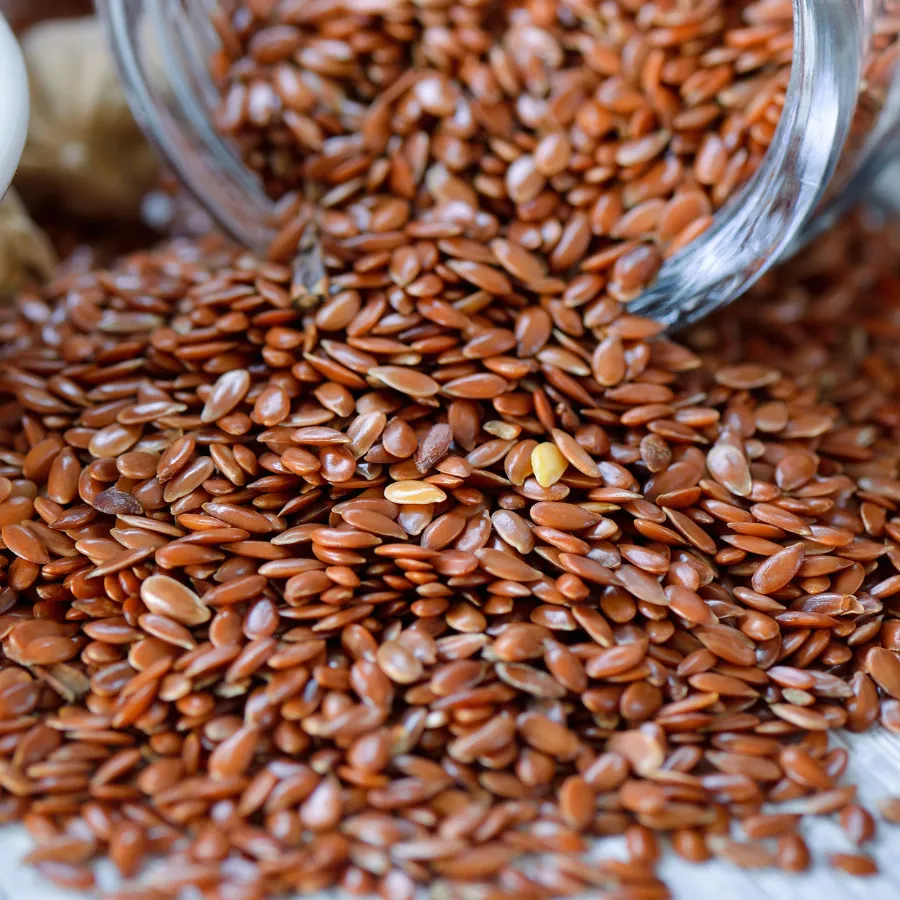
Top Flax Seed Products by Lyallpur Organics
Linseeds Offer a Multitude of Health Benefits

Heart Health: Reduces inflammation, lowers blood pressure, and improves cholesterol levels.
Digestive Health: Promotes regular bowel movements, relieves constipation, and supports gut health.
Blood Sugar Control: It regulates blood sugar levels, which is beneficial for diabetes management.
Weight Management: Promotes satiety and helps with weight control.
Cancer Prevention: May protect against certain cancers, especially breast and prostate cancer.
Stronger Bones: Contains minerals like magnesium and phosphorus, essential for bone health.
Skin and Hair Health: Provides protein and omega-3s, promoting healthy skin and hair.
Reduced Inflammation: Contains anti-inflammatory omega-3 fatty acids, beneficial for various conditions.
Hormonal Balance: The lignans in flax seeds have estrogen-like effects, potentially helping with hormonal balance.
Energy Boost: Provides a good energy source due to its protein and healthy fat content.
Digestive Health: Promotes regular bowel movements, relieves constipation, and supports gut health.
Blood Sugar Control: It regulates blood sugar levels, which is beneficial for diabetes management.
Weight Management: Promotes satiety and helps with weight control.
Cancer Prevention: May protect against certain cancers, especially breast and prostate cancer.
Stronger Bones: Contains minerals like magnesium and phosphorus, essential for bone health.
Skin and Hair Health: Provides protein and omega-3s, promoting healthy skin and hair.
Reduced Inflammation: Contains anti-inflammatory omega-3 fatty acids, beneficial for various conditions.
Hormonal Balance: The lignans in flax seeds have estrogen-like effects, potentially helping with hormonal balance.
Energy Boost: Provides a good energy source due to its protein and healthy fat content.
Different Types of Flax Seeds

Brown
These are the most common flax seeds. They have a slightly nutty flavor that complements various dishes, from baked goods to smoothies. Brown flax seeds are packed with nutrients, including omega-3 fatty acids, fiber, and lignans, making them valuable to a healthy diet.

Golden
They taste more subtle and buttery than brown flax seeds. While offering similar nutritional profiles, some research suggests golden flax seeds might boast slightly higher levels of omega-3 fatty acids. Great for those seeking a milder taste.
Different Forms of Linseeds

Whole
These are the intact seeds with a hard outer shell. While they offer a satisfying crunch, the body can’t easily digest whole flax seeds, limiting the absorption of their nutritional benefits. Best used for sprouting or as a topping for yogurt or salads.

Grounded
This is the most versatile and easily digestible form. Created by grinding whole seeds into a fine powder, it breaks down the outer shell, making nutrients more accessible. Easy to incorporate into smoothies, baked goods, oatmeal, and more. It’s also used as an egg substitute in vegan baking.

Oil
Extracted by pressing flax seeds, this oil is rich in omega-3 fatty acids and has a nutty flavor. While a good source of omega-3s, flaxseed oil lacks the fiber and lignans found in the whole or ground seeds. Best used as a salad dressing or drizzled over cooked vegetables.

Paste
Made by mixing ground flaxseed with water or plant-based milk, this thick paste can be used as a vegan egg substitute in baking. It acts as a binder, helping ingredients cohere and adding moisture to baked goods, promoting a soft and tender texture. Flaxseed paste can also be a thickener in soups, stews, and sauces.

Supplements
For those who find it challenging to incorporate flax seeds into their daily meals, flaxseed supplements offer a convenient and mess-free solution. Available in capsule or oil form, these supplements provide a concentrated dose of flaxseed’s goodness, ensuring you reap the benefits of omega-3 fatty acids, fiber, and lignans without altering your routine.
Flax Seeds in Cooking
Flax seeds are a versatile ingredient that can be easily incorporated into both sweet and savory dishes. The ground or powdered form is most commonly used in cooking as it blends seamlessly and provides the most nutritional benefits. Here are some ways to use flax seeds in your kitchen:
Baking: Add ground flax seeds to muffins, bread, cookies, and other baked goods to boost fiber and omega-3s. They can also be used as a vegan egg substitute in many recipes. (Recipes: Flaxseed Muffins, Flaxseed Bread, Flaxseed Cookies)
Smoothies and Yogurt: Stir a tablespoon or two of ground flax seeds into your morning smoothie or yogurt for added nutrition and a slightly nutty flavor. (Recipe: Flaxseed Berry Smoothie)
Soups and Stews: Ground flax seeds can be used as a thickener in soups and stews, providing a nutritional boost without altering the flavor significantly. (Recipe: Lentil and Flaxseed Soup)
Salads and Toppings: Sprinkle whole or ground flax seeds on top of salads, grain bowls, or pizza for added texture and nutrients. (Recipe: Flaxseed Salad Dressing)
Baking: Add ground flax seeds to muffins, bread, cookies, and other baked goods to boost fiber and omega-3s. They can also be used as a vegan egg substitute in many recipes. (Recipes: Flaxseed Muffins, Flaxseed Bread, Flaxseed Cookies)
Smoothies and Yogurt: Stir a tablespoon or two of ground flax seeds into your morning smoothie or yogurt for added nutrition and a slightly nutty flavor. (Recipe: Flaxseed Berry Smoothie)
Soups and Stews: Ground flax seeds can be used as a thickener in soups and stews, providing a nutritional boost without altering the flavor significantly. (Recipe: Lentil and Flaxseed Soup)
Salads and Toppings: Sprinkle whole or ground flax seeds on top of salads, grain bowls, or pizza for added texture and nutrients. (Recipe: Flaxseed Salad Dressing)

A Culinary Exploration

Indian Cuisine
In India, flax seeds find their way into “ladoos,” beloved sweet treats that symbolize celebration and festivity. These delightful confections are typically made with nuts, ghee (clarified butter), sugar, and sometimes fragrant spices. Flax seeds add a unique texture and a hint of nutritional goodness.

Ethiopian Cuisine
In Ethiopia, flax seeds are starring in “firfir,” a flavorful and hearty stew. This dish features shredded flatbread simmered in a spiced sauce, often accompanied by vegetables or meat. Flax seeds contribute a subtle nutty taste and a boost of nutrients.

Eastern European Cuisine
“Kissel” is a traditional Eastern European dish showcasing flax seeds’ versatility. This comforting porridge-like dish simmers flax seeds until they thicken the liquid. Kissel is often flavored with fruits, berries, or spices, creating a delightful balance of sweet and tart flavors.
Other Top Products By Lyallpur Organics
Buying and Storing Linseeds

When purchasing flax seeds, look for plump, shiny seeds with uniform color. Avoid those that appear dull, shriveled, or have a rancid smell. If you’re opting for ground flax, choose products in opaque packaging to protect the delicate nutrients from light degradation and check the expiration date. For linseed oil, prioritize cold-pressed options in dark glass bottles and store them in the refrigerator to maintain quality.
Choosing between organic and non-organic flax seeds offers similar nutritional benefits. Organic flax is grown without synthetic pesticides or fertilizers, making it a preferable choice for those concerned about potential residues, while non-organic seeds are generally more budget-friendly.
Proper storage is key to maximizing your flax seeds’ shelf life and freshness (linseeds). Whole seeds should be kept in an airtight container in a cool, dark place, where they can last for several months. Refrigerating or freezing them extends their shelf life further. Ground flax, being more perishable due to its exposed oils, should be stored in an airtight container in the refrigerator or freezer. Linseeds must always be stored in the fridge, as exposure to light and heat can quickly cause rancidity.
Choosing between organic and non-organic flax seeds offers similar nutritional benefits. Organic flax is grown without synthetic pesticides or fertilizers, making it a preferable choice for those concerned about potential residues, while non-organic seeds are generally more budget-friendly.
Proper storage is key to maximizing your flax seeds’ shelf life and freshness (linseeds). Whole seeds should be kept in an airtight container in a cool, dark place, where they can last for several months. Refrigerating or freezing them extends their shelf life further. Ground flax, being more perishable due to its exposed oils, should be stored in an airtight container in the refrigerator or freezer. Linseeds must always be stored in the fridge, as exposure to light and heat can quickly cause rancidity.

